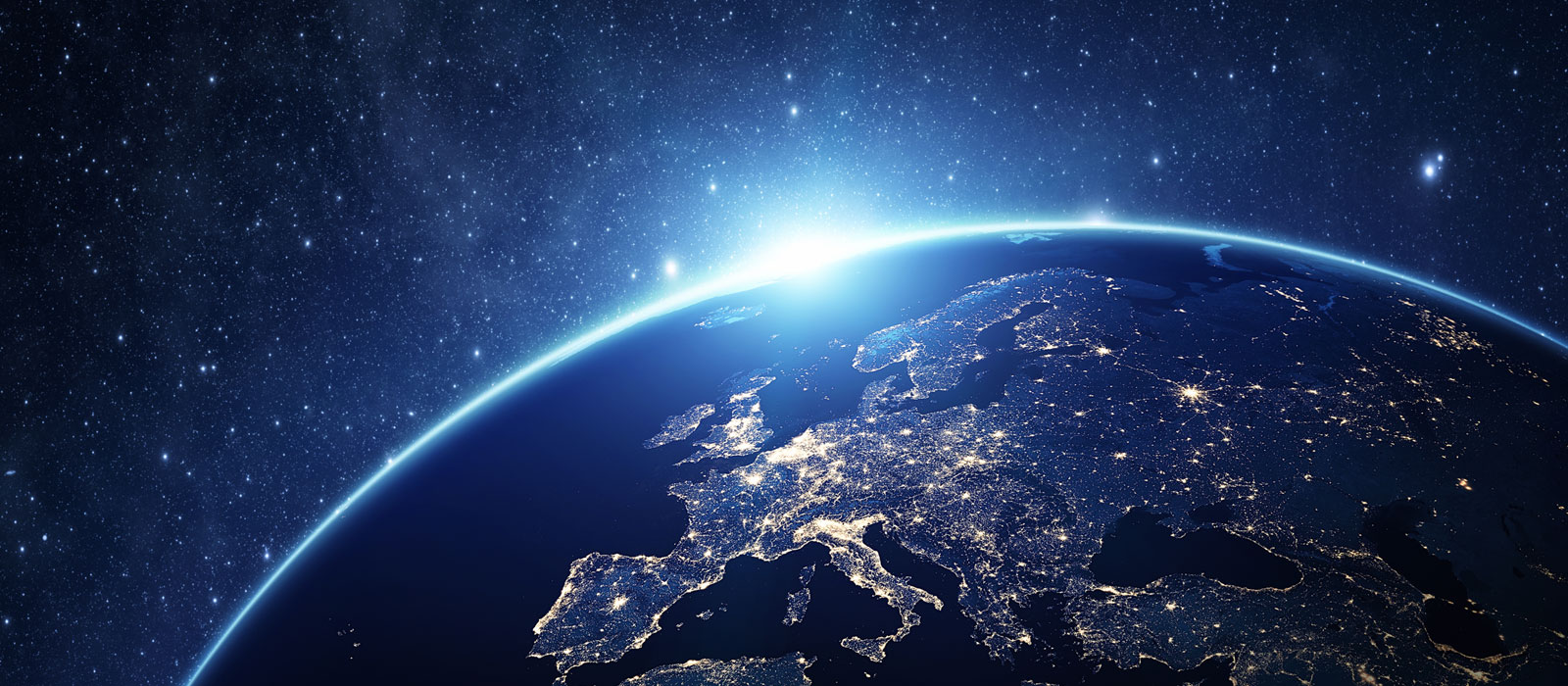Geography as a science
Geography (from the Greek words: geo – earth and Graphs – writing, depict, – the name “geography” means “description” or “image of the Earth”) – a set of Earth Sciences.
A very important issue in relation to the content, the objectives and the limits of geography is a difficult question about its delimitation with geology, which, in particular its Department of the so-called Dynamic Geology (studying force action which causes and is caused by the origin and change of rocks and the formation of the earth’s surface) , Enters the field of physical geography and even becomes in its place.
The history of science shows us that geography began to deal with the development of many physical and geographical issues before geology. We find attempts to study these issues already in Varenia, Riccioli, etc. in the 17th century, in Torburn Bergman, G. Forster, Saussure, etc. at the end of the 18th century, at Al. Humboldt, Schmidt, F. Hoffmann, Studer, and Berghouse in the first third of this century. But then geographers take a great interest in the geography’s connection with the history of culture, whereas geologists, especially under the influence of Lyell, Murchison, Forbes, etc., begin to study the forces acting on the earth and change the earth’s surface with the purpose of finding an explanation for the phenomena that caused the gradual formation of the earth’s crust , A change in the boundaries and outlines of ancient land and sea, the deposition of sediments, the eruption of plutonic rocks, climate change and the organic world, and so on.
Geologists include in their science “all the qualities, manifestations of the forces and states of the globe, as far as they can in general be the object of direct or mediocre knowledge.” Nauman included in geology, in addition to historical geology, also geodesy, geodynamics, geophysics, hydrography and meteorology. Credler, besides petrography, stratigraphy, historical and dynamic geology, also accepts “physiographic geology”, the object of which is the study of the shape, magnitude and type of the Earth’s surface and its physical relationships. However, this program has never really been implemented.
There are issues that are equally important for physical geography and geology (for example, orography), and one cannot but admit that the work of geographers and geologists can only replenish and illuminate themselves mutually. If it is essential for a geologist to have a thorough knowledge of the country’s map and its geographic features, it is also inevitable for the geographer to become acquainted with the main facts of the past of this country, with the distribution of the surface of rocks and soils forming it, with the participation of tectonic and volcanic forces in the formation of this surface Of the Earth.

It is necessary to stop a few more on the term of geophysics, which Garland replaced by “physical geography”. This term came into use relatively recently, namely in the sixties of the 19th century, when it was used by Muri (Muhry). Günther also admits a certain difference between the concepts “geophysics” and “physical geography” the first name fits, in his opinion, more to that department of geographic science that views the Earth as a whole, as a world body, especially in its internal Properties, whereas the name “physical geography” is more appropriate in the case when it comes to studying the earth’s surface. Accordingly, Günther calls the “physical geophysics in a narrow sense” that includes the consideration of the internal heat of the Earth, the conjecture about the composition and state of the Earth’s core, the study of volcanic and seismic phenomena, and he identifies this department with dynamic geology, which, however, As is known, is understood by geologists in a much broader sense.
Thus, geophysics could include: research on the exact form of the geoid (change in gravity, the level of the oceans, tides) and over deviations in its rotational motion; The doctrine of terrestrial magnetism (which some geographers, for example, Zupan, completely distinguish from physical geography in view of the fact that magnetic phenomena do not stand in interaction with others and do not exert a noticeable influence on them); Meteorology and seismology (earthquake science). All these branches of knowledge, requiring careful observation with the help of various precise instruments and special observatories, and more or less suitable for mathematical processing are able to develop, so to speak, in addition to geography proper; Nevertheless, we do not separate geophysics from geography in the broad sense of the word.
In general, it can be said that geography in its modern development does not represent a strictly closed science, but is a complex of a number of sciences capable of being developed each in itself. In this respect, however, geography does not represent anything exceptional; many other branches of knowledge also disintegrated over time into a number of separate sciences.